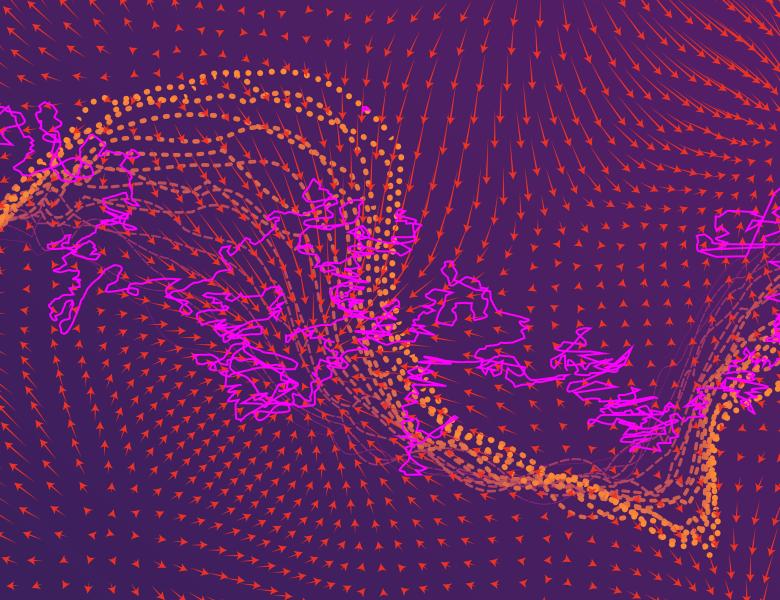
Abstract
We study the problem of "isotropically rounding" a polytope $K \subseteq \mathbb{R}^n$, that is, computing a linear transformation which makes the uniform distribution on the polytope have roughly identity covariance matrix. It is assumed that $K \subseteq \mathbb{R}^n$ is defined by $m$ linear inequalities. We introduce a new variant of the ball walk Markov chain and show that, roughly, the expected number of arithmetic operations per-step of this Markov chain is $O(m)$ that is sub-linear in the input size $mn$ -- the per-step time of all prior Markov chains. Subsequently, we apply this new variant of the ball walk to obtain a rounding algorithm that gives a factor of $\sqrt{n}$ improvement on the number of arithmetic operations over the previous bound which uses the hit-and-run algorithm. Since the cost of the rounding pre-processing step is in many cases the bottleneck in improving sampling or volume computation running time bounds, our results imply improved bounds for these tasks. Our algorithm achieves this improvement by a novel method of computing polytope membership, where one avoids checking inequalities which are estimated to have a very low probability of being violated. We believe that this method is likely to be of independent interest for constrained sampling and optimization problems. This is joint work with Nisheeth Vishnoi.


